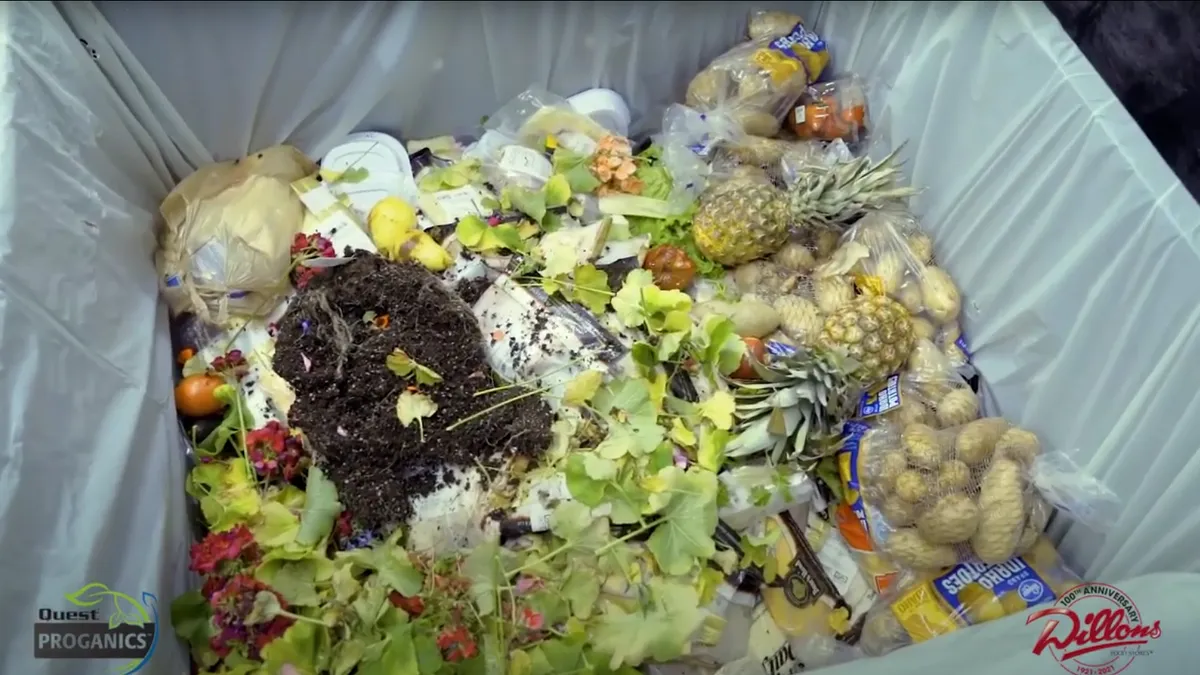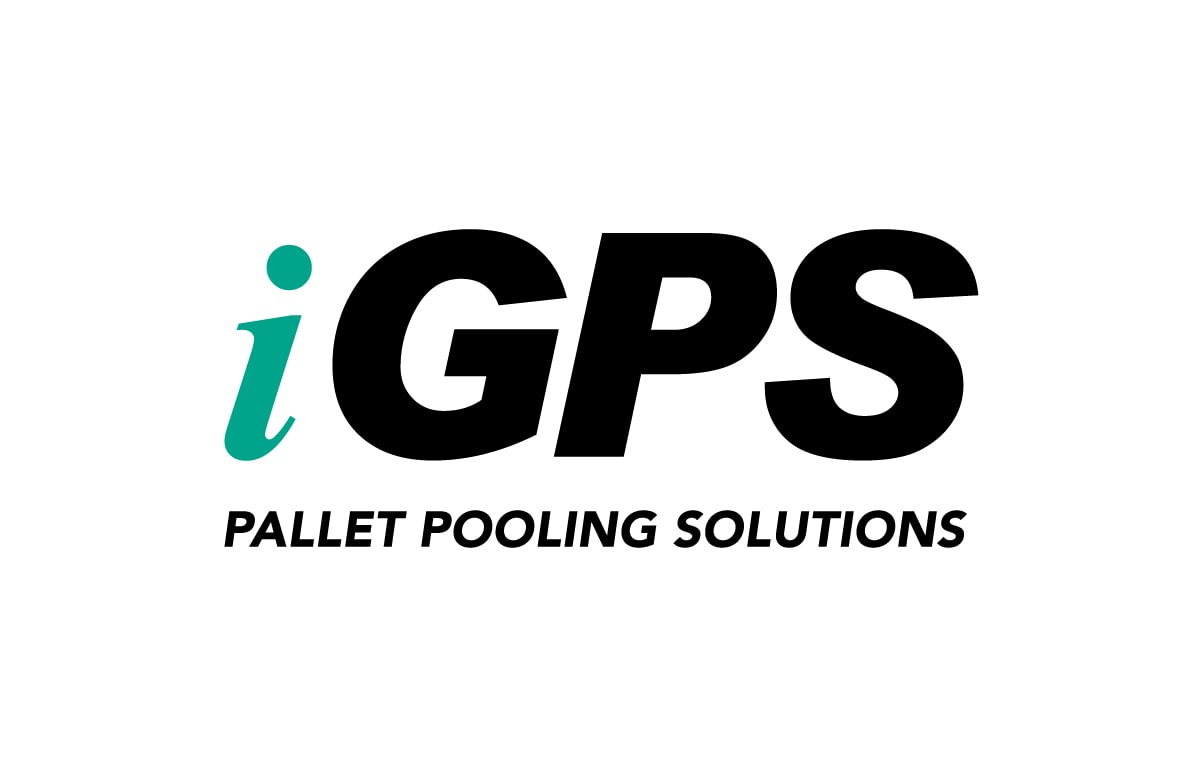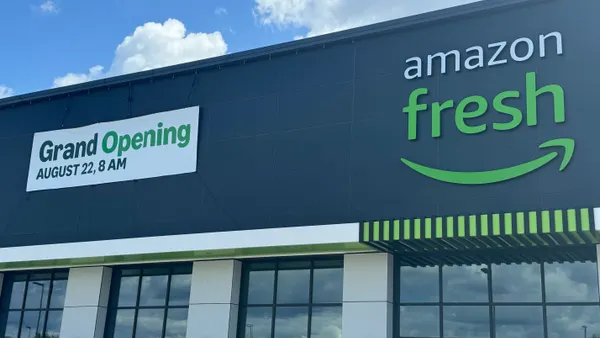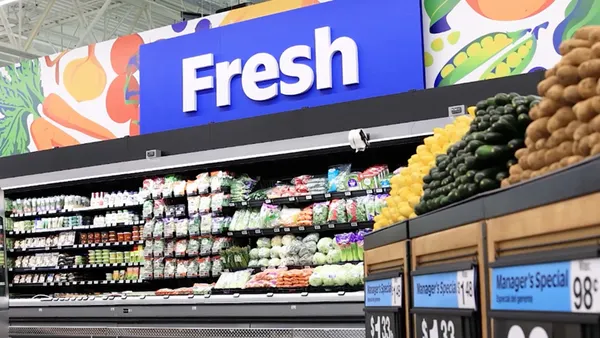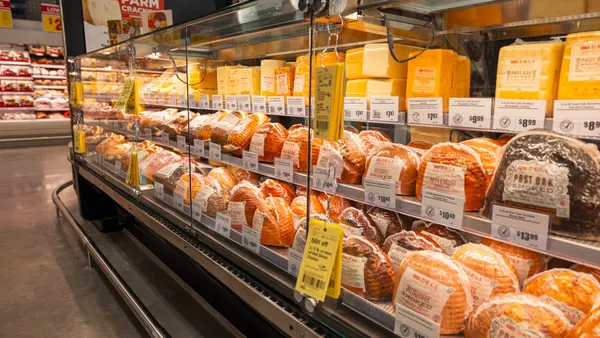Dive Brief:
- Kroger’s Zero Hunger | Zero Waste Foundation is working with the Foundation for Food & Agriculture Research (FFAR) to more accurately measure food waste generated by households in the U.S., according to an announcement last week.
- The two foundations have launched the Food Waste Challenge, a grant project with funding support from the grocery company. Applications are due July 13, and each grantee may be awarded up to $1 million.
- “Objective, quantitative measurements would provide an accurate picture of the sources of food waste and benefit efforts to reduce this waste across the food system,” FFAR said in the announcement.
Dive Insight:
As Kroger works to play a major role in sustainability efforts in the grocery industry, it wants to help figure out how to accurately measure and track the food waste consumers generate.
The grocery company's foundation and FFAR are seeking higher education institutions, non-profit and for-profit organizations, government-affiliated researchers and domestic and international organizations for the grant project, which they anticipate will last up to 18 months.
The Food Waste Challenge aims to help produce "an original, innovative methodology for regularly occurring quantitative measurement of food waste generated in US households that stakeholders across the food system can use," the announcement said.
FFAR, which was created in 2014 to leverage public and private resources for food and agricultural research, said estimates of U.S. household food waste are "likely underestimated" and noted that efforts to quantify household food waste are "hampered by multiple obstacles" like inconsistent data methods and differing definitions about what food waste is.
Businesses and consumers, combined, in the U.S. throw away 25% to 40% of food grown, processed and transported domestically each year, the Food Industry Association (FMI) said during a press briefing earlier this year on the state of the food retail sector.
At that event, the trade group called on the food retail industry to step up food waste reduction efforts, outlining five areas they can explore such as developing organizational waste-prevention cultures and setting waste reduction goals. Data plays a critical role in tackling food waste, from informing production to purchasing decisions throughout the food supply chain, Dr. Ricky Volpe, associate professor of agribusiness at California Polytechnic State University, said during the press conference.
Without accurate measurements, though, food companies and grocers can struggle to understand the scale of the problem and then how determine how to address food waste reduction within their operations and inspire change among consumers.
Kroger, which aims to stop sending food to landfills by 2025, said it measures and tracks food waste annually and that its corporate affairs team leads its zero food waste strategy, according to its 2021 Environmental Social Governance Report.
Kroger noted in the report that it has decreased its total food waste generated in its stores by 19% and improved its food-waste diversion rate by 21 percentage points compared to its baseline year of 2017. Its food waste reduction efforts include donating surplus food through hunger relief organizations, turning waste from most stores into animal feed and adding food-waste recycling programs to stores, per the report.
“The first step to combating food waste is understanding the scale of the issue, which the Food Waste Challenge aims to illuminate," Denise Osterhues, president Kroger's Zero Hunger | Zero Waste Foundation and the grocer's senior director of sustainability and social impact, said in the announcement.



